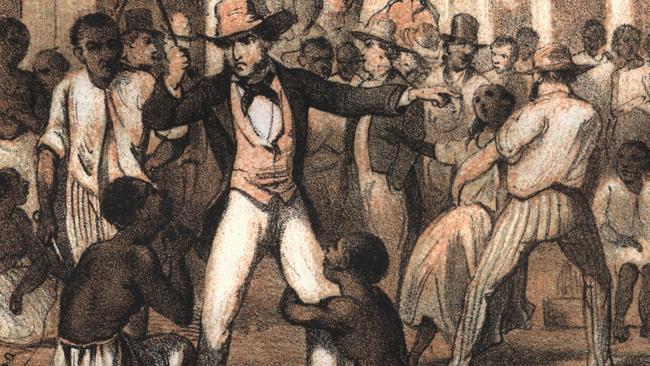Revered French love poem banned for line about slave market
Transatlantic ‘cancel culture’ row erupts after Canadian teacher is suspended for teaching a beloved poem that mentions slaves.

A transatlantic “cancel culture” row has erupted between the family of the French poet Jacques Prevert and Canadian authorities who suspended a teacher for studying a poem that mentions slaves.
Prevert’s granddaughter and his French publishers, Pleiade, wrote to the Toronto District School Board criticising its decision to ban his work and suspend Nadine Couvreux, a French teacher, after she distributed Pour Toi Mon Amour, to her 16-year-old pupils.
It contains the lines: “I went to the bird market/ And I bought some birds/ For you/ my love”, before ending: “I went to the slave market/ And I looked for you/ But I did not find you/ my love.”
After a pupil reported Couvreux, the school board suspended the teacher and threatened her with dismissal.
The pupil, who was not named, told a Toronto television station: “We’re supposed to be going forward when it comes to racism but instead it seems like we’re going backwards because this is still being taught in classrooms ... this poem is racially insensitive to all black students across the board.”
Prevert’s publisher said he was known for his humanity and rejection of racism and had written: “Racism and hatred are not among the seven deadly sins. Yet they are the worst.” He is well known for his poetry but also worked as a screenwriter, and was close to the Surrealist movement in the first half of the 20th century. He died at 77 in 1977.
A social media post said: “The poem means simply that you cannot buy nor imprison the object of one’s love.” Another called the board’s reaction “a confusion of stupidity and cowardice”.
In Montreal the newspaper Le Devoir accused the board of “crude ignorance, intellectual laziness and the inability to simply read”. It added that the action had suggested “Prevert the anti-racist is a racist, even a slave merchant”.
President Macron and parts of the French intellectual world have been fighting what they say is a dangerous and misguided Anglo-American fashion for condemning creative works from the past that carry words and images involving race and gender that offend modern sensibilities.
The Times



To join the conversation, please log in. Don't have an account? Register
Join the conversation, you are commenting as Logout